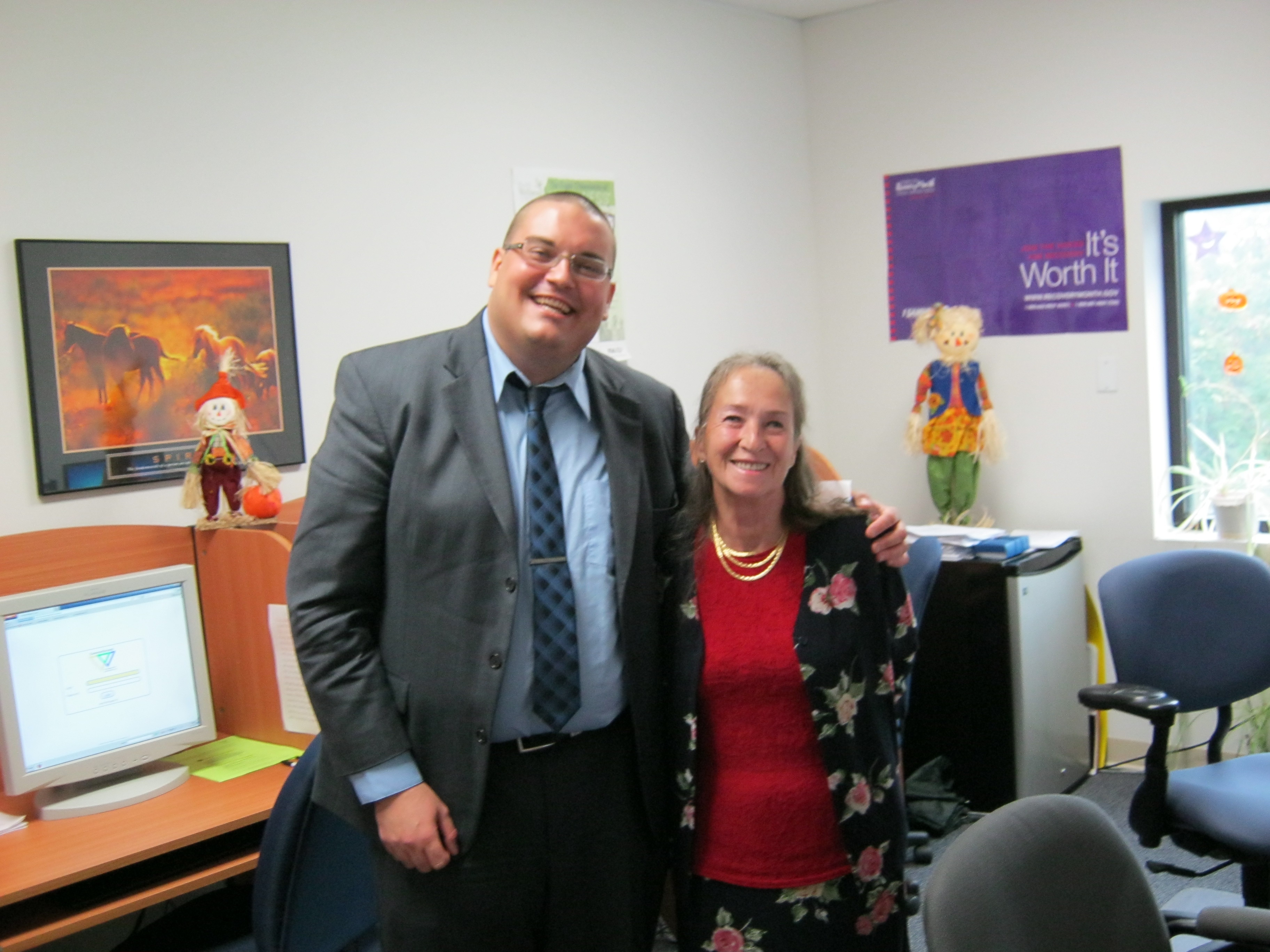You are here
 Recovery-oriented care is generally understood to be driven by the personal goals and needs of the person using services. Prescribers rely on accurate information that only the individual can provide to identify urgent issues, assess alternatives, and propose adjustments to medications. But when, in a short and highly programmed appointment, does a person in recovery have an opportunity to open a critical topic the doctor did not plan to address? How can people find the strength and confidence to share information that is hard to share even if time was not a barrier?
Recovery-oriented care is generally understood to be driven by the personal goals and needs of the person using services. Prescribers rely on accurate information that only the individual can provide to identify urgent issues, assess alternatives, and propose adjustments to medications. But when, in a short and highly programmed appointment, does a person in recovery have an opportunity to open a critical topic the doctor did not plan to address? How can people find the strength and confidence to share information that is hard to share even if time was not a barrier?
Since 2007, Community Care, the Managed Behavioral Healthcare Organization (MBHO) for 39 of Pennsylvania’s 67 counties, has been working closely with Pat Deegan, Ph.D. and Associates, LLC, to support providers in delivering person-centered care that truly enables individuals to take charge of their recovery. As part of this work, we helped 12 providers establish Decision Support Centers (DSCs) in outpatient clinics that use Dr. Deegan’s computer-based program, CommonGround, to facilitate a shared decision about treatment between a psychiatrist and a service user. Individuals are supported by peer staff as they use the program at semi-private work stations before meeting the doctor. Through a series of straightforward questions, the software helps people prepare a one-page health report to be shared with the prescriber that will “amplify the voice” of the person, quickly communicating key data and highlighting critical areas for discussion.
Key to the success of the program is the service user’s interaction with peer support staff as they prepare for their appointment. Peer staff tell us that besides the limited time available to meet with prescribers, there are many reasons that people may find it hard to speak to prescribers. They may fear being judged, distrust the doctor, or be overawed by the doctor’s knowledge and power. Service users may be silenced by their concerns about how the prescriber would respond or what he or she would think of them. They may dread being misunderstood or ignored. The focus on symptoms during the session may increase a sense of powerlessness, making it even harder to open difficult subjects.
Among the hardest things to discuss are sexual side effects of medication, domestic violence, use of drugs, financial difficulties that affect treatment options, or thoughts of self-harm or harm to others. Often, peer staff find that service users will disclose suicidal feelings in response to questions in the CommonGround report, and peers can help them prepare to discuss them with the prescriber (even accompanying them to the appointment to provide support, if the person requests this). Peers may role play the conversation with the doctor, provide information or help with research, share similar experiences, show inspiring or educational videos, instill hope through stories and support, or offer tools to help in decision making.
Peer specialists have many stories to share of people they have helped in this way. For example, one financially stressed individual wanted to ask the doctor to consider a medication with a lower copayment. Another was having difficulty working because of side effects and feared the loss of a much-needed job. Others gained so much weight as a side effect of their medication that they were seriously depressed. A person who feared air travel was going on a trip and wanted medication to reduce anxiety, but was concerned the doctor would view the request as drug-seeking behavior. In each case, peers were able to spend time, listen, provide support, and remind them that the doctor is simply another human being trying to do the right thing. After appointments, peers were there to cheer them for their efforts. In summary, peer support in the Decision Support Center prepares people to voice what they need and partner with doctors to make decisions that support their own recovery.
Community Care expresses its appreciation to the four peer support specialists who shared their expertise in interviews for this article: Gary Culbertson, Beacon Light, Bradford, PA; Susan Preffer, Turtle Creek Valley MH/MR, Inc., Homestead, PA; Ashley Doyle, Fellowship Health Resources, Phoenixville, PA; Leticia Covarrubias, Northeast Counseling, Hazleton, PA.



